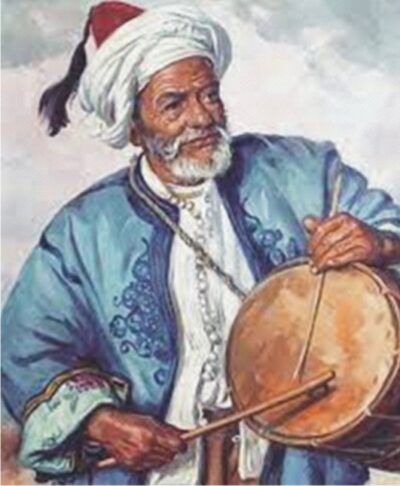Two customs specific to the holy month have stood the test of time
Certain vibrant cultural moorings that define Ramadan’s traditions are slowly fading away. Yet in some places of the Muslim world, two Ramadan-specific customs have survived the technological onslaught: the firing of cannons to announce the breaking of the fast and calling up people at Suhoor by going around the streets.
For the past many centuries, the firing of cannon from an elevated place in a town was the only means to alert people that it was time to break the fast, and gave a distinct character to the holy month.

The origin of this tradition has different versions but it is widely believed that it was during the reign of the Mamluk (who ruled Egypt, Syria, and Palestine from 1250 to 1517) that cannon firing to signal the breaking of the fast started in Egypt. Another account traces its roots to the Ottoman Empire. Regardless of which version is true, the tradition was widely adopted across the Muslim world.

Dawn awakeners, known as Mesaharatis, who roam the streets giving out reminders of the pre-dawn Suhoor meal, can still be seen. The song ‘Ya Ebadallah, Wahhidullah, Eshi Ya Nayem, Wahhid Al-Razzaq’ (O the servants of Allah, believe in the Oneness of Allah, wake up and pray to Allah, the sustainer) was quite popular with Mesaharatis in the Arab world.
According to some sources, the first recorded Mesaharati was Otba bin Ishaq who ambled through the streets of Cairo to remind people about the time of Suhoor in the year 853 AD.
The tradition is still practiced in several Muslim countries, including Saudi Arabia, the UAE, Egypt, Sudan, Syria, Sudan, Morocco, Kuwait, Jordan, Lebanon, Palestine, Yemen, Bangladesh, etc.
Each of these countries has its own Mesaharati traditions and songs or prayers that they chant as they trek the neighbourhood to wake the residents up. Notwithstanding the new technology having set in, the tradition of Mesaharati lives on. And rightly, so.
(Source: Khaleej Times)


COMMENTS